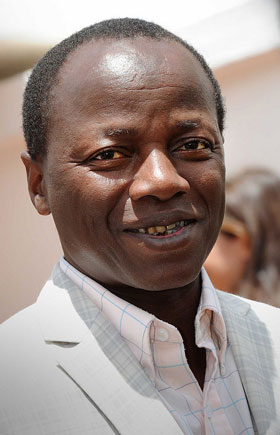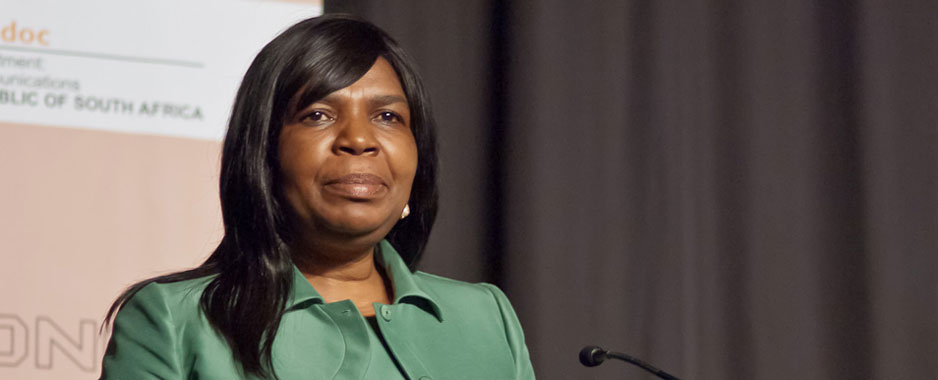
The long-awaited review of state-owned entities, released on Tuesday, raises the possibility of collapsing non-viable parastatals but skirts the vexed issue of privatisation.
The report provides government with a range of options, including absorbing ailing state-owned enterprises (SOEs) into line-function departments, turning them into public-private entities, or “completely disposing of them as state entities”.
However, at a press briefing, the deputy chairman of the presidential review commission, Glen Mashini, said privatisation was deliberately not mentioned, though the report acknowledged a universal truth: that some services were better provided by the private sector.
“We did steer away from that divisive terminology in terms of whether you privatise or [whether] you retain.”
He said the committee agreed that in instances where market conditions had rendered a particular entity obsolete, the state “can diversify away from it”.
The review, which was three years in the making, makes 31 recommendations, many aimed at standardising the management of SOEs — down to the appointment and remuneration of their executives.
But in doing so, it says, government must define different categories of SOEs, with some required to return a profit to the state, and others, like the SABC, primarily designed to provide a service.
Monitoring and evaluation minister Collins Chabane said the state should also develop clear guidelines on its financial support to parastatals, instead of giving bailouts on an ad hoc basis.
The review found initial estimates that South Africa has 300 state entities, were way off the mark; in fact, there are 715.
Mashini said the conclusion was that “by and large, there was a sense that there is value for money; however, there is room for improvement”.
Chabane made clear that reforming state policy on SOEs would be a slow process, with the interministerial commission making periodic recommendations to cabinet in coming years.
“It is not something that can be done overnight,” he said. — Sapa



